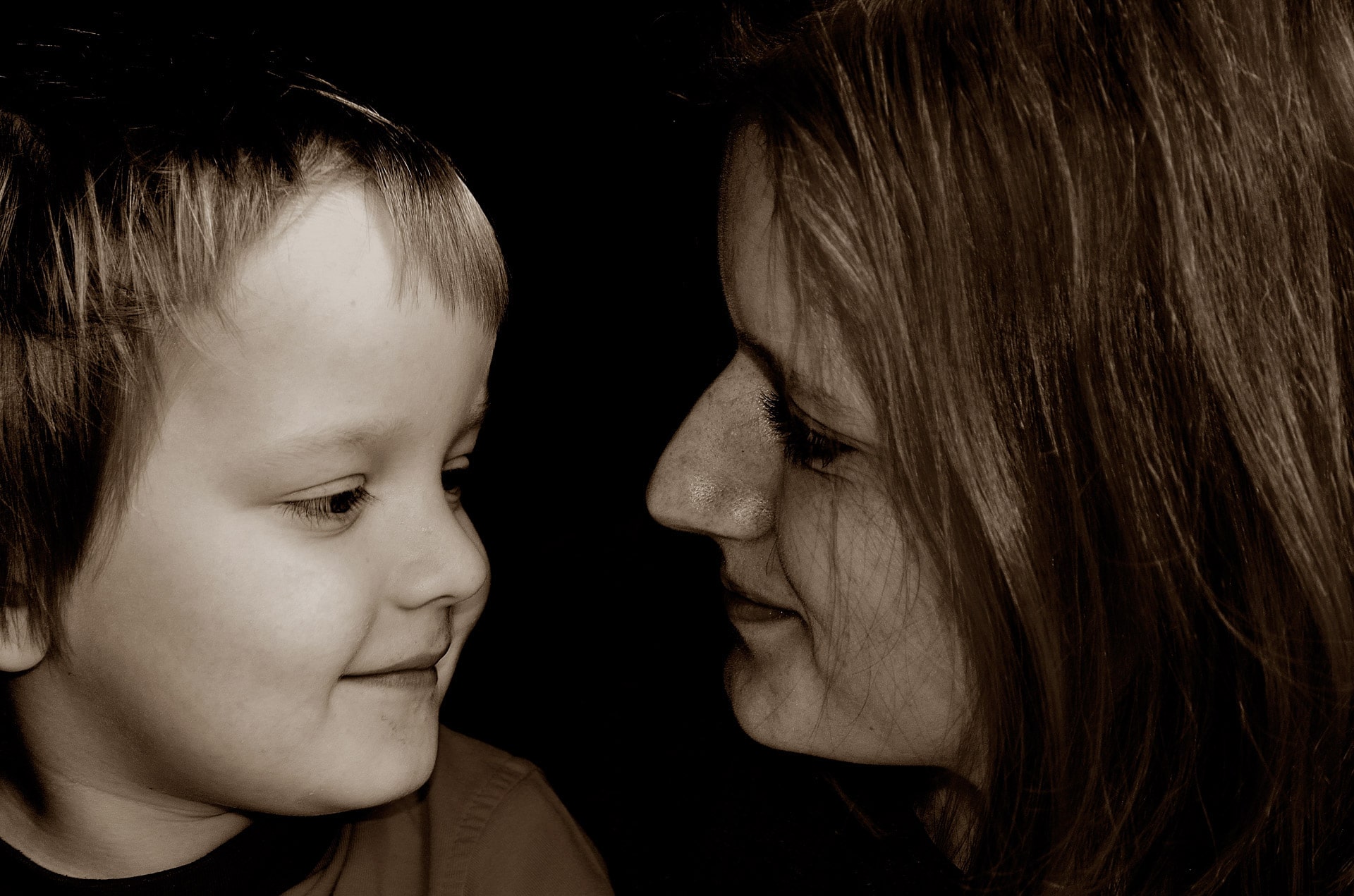
Guide to Assigning Age-Appropriate Tasks to Kids
Tired of hearing your kids whining every time you ask them to do something helpful? It is important that you give them tasks that are age appropriate. Following are our tips to make your life easier and your family home run smoother!
Responsibilities
“Make responsibilities age-appropriate and even use the word responsibility,”says Alex Barzvi, Ph.D., co-host of the talk show About Our Kids, “when informing your son about the tasks you expect him to complete on his own. It sounds grown-up and important.”
It helps to give children a role or responsibility within the family. It is important to give them a task that really matters and let them know exactly why it matters.
Let them choose what they would like to do. Maybe give them two choices, for example: Feeding the family dog is important for both the family and dog and so is taking the dog for a walk. If you give them a choice they will be more likely to cooperate.
Appreciation and Teamwork
Kids (and adults) are also more likely to accept responsibility when we feel our efforts mean something to other people. One way to do this is to introduce teamwork. Families are like teams, and teams do their best when everyone has a valued role, even a small one.
You could teach teamwork with one family member sweeping, while the other holds the dustpan. One family member clears the table, while someone else rinses the dishes, and a the third loads the dishwasher. Put some fun music on while you are doing this.
Remember that every child is different and every parenting style also differs. If your child seems behind in some areas, don’t worry. However, it is good to always expect more than what you think your child can do and give them a chance to show you how responsible they can be.
The more you empower them, the more productive and contributing adults they will hopefully turn out to be!
Patience and Fun
Do your best to make the tasks fun! Play music or make up a song to sing while you pack up toys for example.
Of course, you cannot expect them to develop a helpful attitude overnight. We ultimately want to encourage our kid’s imaginative and playful space as much as we can! That is why it is so important how we approach responsibilities.
As your children get older, their contributions should increase appropriately, both within and outside the household. Kids need to grow into two kinds of responsibilities 1) their own self-care, and 2) contributing to the family welfare. Do not over praise them for these tasks as they need to be incorporated as everyday things we just do as human beings. It is not a chore or negative action.
It helps to steadily increase responsibility in age appropriate ways. You can use this as a guide:
Toddlers:
- Getting the food into their mouths, unless they ask for your help
- Invite toddlers to put napkins on the table
- Three-year-olds to set places
- Choose what to wear, within the limits of appropriate season, safety, and decency
- Assist in making their beds
- Choose what book to read, even if you’re reading to them
- Pick up playthings with your supervision
- Choose what toys to play with
- Potty: you can ask, “Do you need to use the potty before we leave the house?” This helps prompt them to check in with their own body and get to know its signals so that they will learn to do this on their own automatically
Family Tasks
- Take their dirty laundry to the laundry basket
- Fill a pet’s water and food bowls (with supervision)
- Help a parent clean up spills and dirt
- Dust
- Help with gardening
Clean up Song Video!
Ages 4- 5
- Four-year-olds can match socks
- Your child should know his/her full name, phone number and address by this age range
- She should also know how to make an emergency call if need be
- A child between the age of four and five begins to understand the basics of money
- Should be able to clean up after themselves
Family Tasks
- Feed any pets
- Five-year-olds can help you groom the dog
- Help with gardening
Ages 6 and 7
This age can be supervised to use a family chore chart.
- Six-year-olds are ready to clear the table
- Make bed
- Seven-year-olds can water plants
- eight-year-olds can fold laundry
- At this age, your child should be able to make a simple meal such as a sandwich and can help clean up after a meal by washing dishes or loading the dishwasher.
- He/She should be expected to make his/her bed without help and bathe himself without assistance.
- Brush teeth
- Comb hair
- Choose the day’s outfit and get dressed
- Write thank you notes with supervision

Family Tasks
- Be responsible for a pet’s food, water and exercise
- Vacuum individual rooms
- Wet mop individual rooms
- Dust individual rooms
- Fold laundry with supervision
- Put their laundry in their drawers and closets
- Put away dishes from the dishwasher
- Help prepare food with supervision
- Clean their room when asked
- Empty indoor trash cans
- Answer the phone with supervision
- Help with Gardening
Ages 8 to 11
This age benefits from using a family chore chart. They by now have mastered tasks for ages 6 to 7 plus…
- Take care of personal hygiene
- Keep bedroom clean
- Be responsible for homework
- Be responsible for belongings
- Write thank you notes for gifts
- Wake up using an alarm clock
- Prepare a few easy meals on their own
Family Tasks
- Wash dishes
- Wash the family car with supervision
- Clean the bathroom with supervision
- Rake leaves – gardening
- Learn to use the washer and dryer
- Put all laundry away with supervision
- Take the trash can to the curb for pick up
Ages 11 -14
These are the years your child begins to gain more independence.
- Take care of personal hygiene, belongings and homework
- Write invitations and thank you notes
- Set their alarm clock
- Maintain personal items, such as recharging batteries
- Keep their rooms tidy and do a biannual deep cleaning
- Staying home alone is okay (for brief periods of time age nine to 12)
- using the oven to cook
- changing bed sheets and other more involved chores can be performed without a parent’s supervision
- Taking care of younger siblings is also expected by the time the child is 12 to 14
Family Tasks
- Change light bulbs
- Change the vacuum bag
- Dust, vacuum, clean bathrooms and do dishes
- Clean mirrors
- Mow the lawn with supervision
- Baby sit (in most states)
- Prepare an occasional family meal
- doing small chores such as laundry
14 and Up
By the age of 14, most of the above skills mentioned should be mastered.
In addition, cleaning, filling the car up with gas, changing a tire, going to the grocery store and figuring out dosages on medicines should be expected. More advanced skills are learned as your child prepares for adulthood.
Research indicates that kids who help around the house are also more likely to offer help in other situations than kids who simply participate in their own self-care.








